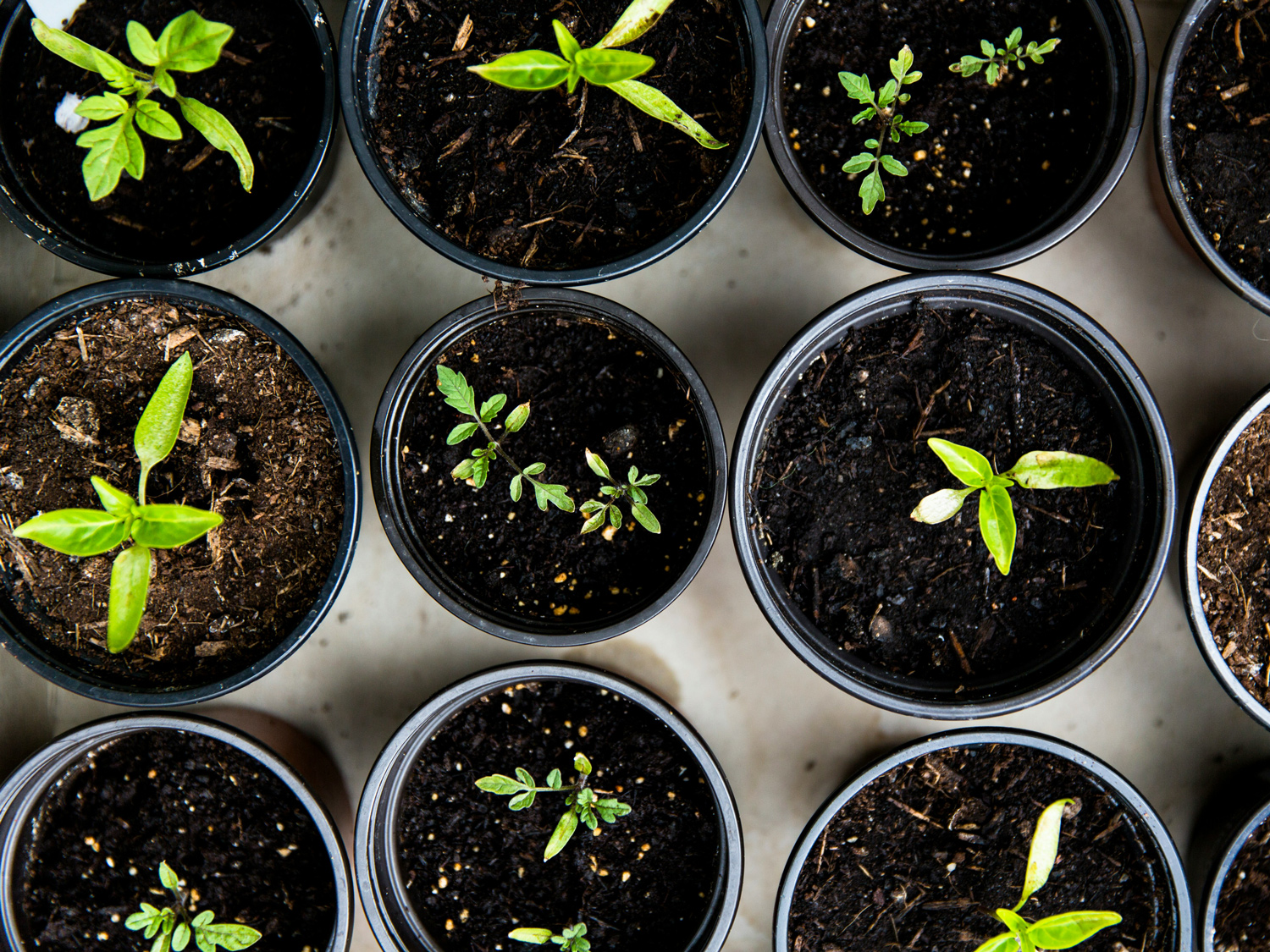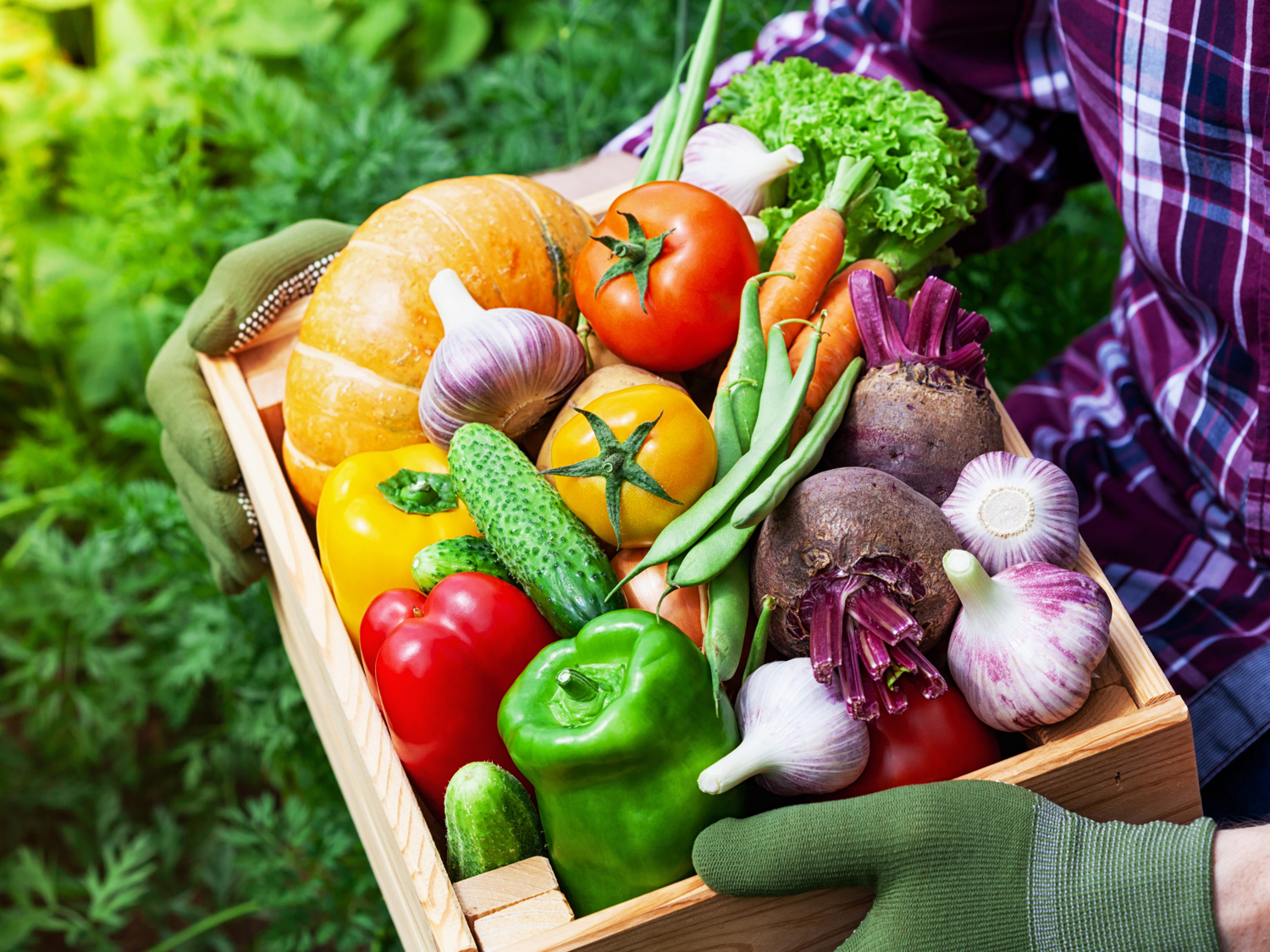Brassica, Kale, Lacinato "Dinosaur" ~ 250 seeds


- Sun Preference
- Full-Sun
Description
This unique heirloom has crinkled, deep blue-green, sword-shaped leaves and really stands out in the garden – the leaves appear almost primeval! This is why Lacinato is often nicknamed “dinosaur kale.” Most importantly, Lacinato has fine, sweet, full flavor; never strong or overbearing. This distinctive Italian favorite is both cold and heat tolerant in all climate zones. You can harvest the nutrition-packed, richly colored leaves for months to steam, or sauté or use in hearty soups and stews.
Seed Starting Successfully
Start your garden from scratch with Gertens' wide variety of seed packets! Whether you're a seasoned gardener or just starting out, we have seeds for every skill level and garden size. From colorful flowers to delicious vegetables, our seeds are carefully selected for their quality and performance.
Details
Plant In: March – June, July – August
Sun/Shade: Full sun
Planting Depth: 1/2 inch
Space Seeds: 2 inches apart
Days To Germinate: 10 – 20 days
Days To Harvest: Approx. 68 – 70
TO START SEEDS DIRECTLY IN THE GARDEN
As soon as ground can be worked in spring, plant in well-drained, fertile garden soil in full sun. Sow seeds 2 in. apart in rows 12 in. apart. Cover 1/2 inch deep. Keep soil evenly moist. When seedlings are 3 in. tall, thin to 10-12 in. apart. Sow again in late summer.
TO START INDOORS
Sow seeds 2 in. apart and 1/2 in. deep in a container of seed starting mix. Keep moist and provide a strong light source until seedlings reach 3 to 4 in. tall, then plant outdoors 10 to 12 in. apart.
GROWING NOTES
Kale tastes best in cool weather, so sow spring crops early. A late summer-sown crop will yield through fall and winter except in the coldest climates. Frost actually enhances kale leaf color, flavor and sweetness. Mulch to retain moisture in summer and before the ground freezes to protect the roots of fall crops.
HARVEST AND USE
Begin harvesting outer leaves when plants have 6 to 8 leaves. Vitamin-rich kale is delicious with stems removed and leaves cut in very thin strips for fresh salads with nuts and fruit. Braise with garlic and olive oil in traditional Mediterranean style. Enjoy in hearty winter soups, stews and sautés. Pull and discard once plants begin to bloom as flowering plants get tough and bitter.
More Information
| Brand | Renee's Garden |
|---|---|
| Seed Packet Type | Organic Vegetables |
| Common Family Name | Kale |
| Sun Preference | Full-Sun |
| Deer Resistant | No |
| Harvest Time | Spring, Fall |
| Plant Life Cycle | Annual |
| Spacing in Row | 2", thin/transplant 10-12" apart |
| Planting Depth | 1/2" |
| Days to Germination | 10-20 days |
| Days to Maturity | 68-70 days |


